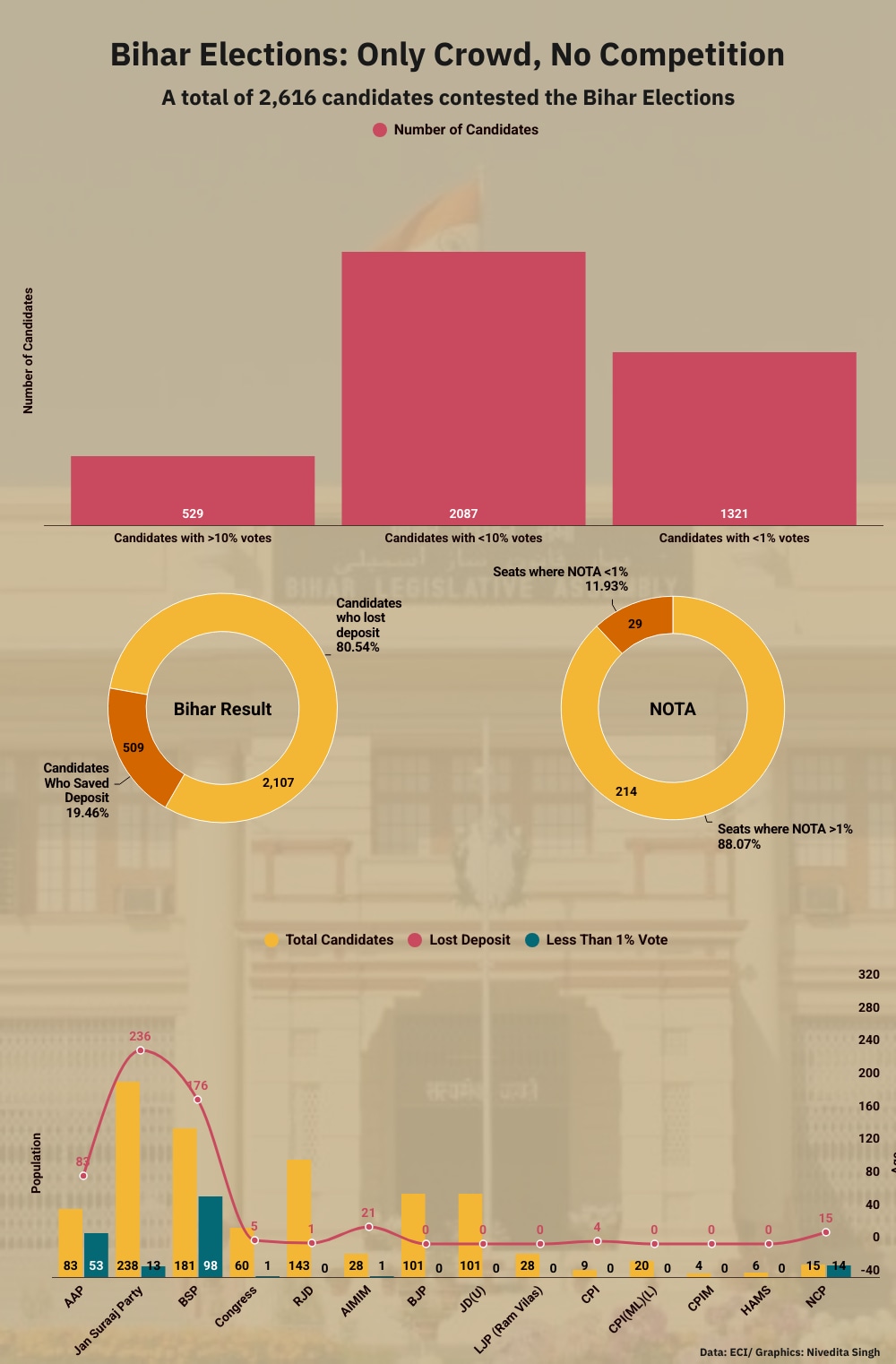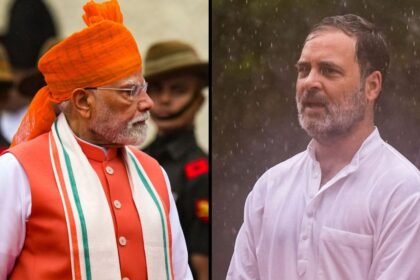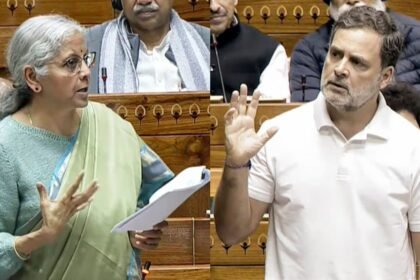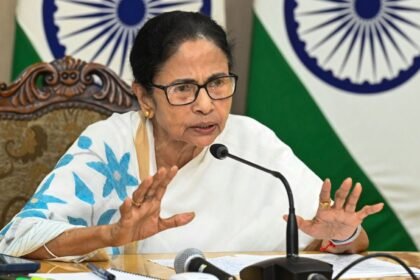Last Updated:
A total of 2,107 candidates—80 per cent of those in the fray—lost their deposit as they secured less than one-sixth of the total number of valid votes cast

None from BJP, JDU and Lok Janshakti Party (Ram Vilas) lost deposit. All candidates from the three parties secured over 20% vote share on every seat they contested. (PTI)
Four of every five candidates in the Bihar assembly elections failed to secure even 10 per cent of the votes in their constituencies, an analysis of Election Commission of India data shows. More than half of the candidates got less than one per cent vote share.
Of the 2,616 candidates in the fray, only 529 got more than 10 per cent of the votes in their constituencies, while 2,087 got votes below the 10 per cent-mark. The analysis also shows that a total of 1,321 candidates secured less than one per cent of the vote share—more than half of those in the fray.
Independents formed the largest chunk of contestants—925 in total—but only 18 managed to cross the 10 per cent vote-share mark. Just 10 saved their deposits, reflecting a 98 per cent failure rate. There were at least 602 Independents in the below one per centage group.
Among the national parties, 98 BSP candidates, 53 from AAP and one from the Congress also fell into the below-1 per cent category.
At least 13 members of the newly formed Jan Suraaj Party secured less than one per cent vote share, while 14 from the NCP also joined the group.
NOTA Outperformed Hundreds of Candidates
Interestingly, NOTA secured more than one percentage of votes in at least 214 seats out of 243—80 per cent of the seats. The vote share of NOTA slipped below one per cent in just 29 seats.
It is worth mentioning that in any election, the candidate needs to secure one-sixth of the total votes to not lose the deposit. If the vote share is below one-sixth of the total number of valid votes cast in the constituency, the security deposit is lost.
A total of 2,107 candidates—80 per cent of those in the fray—lost their deposit as they secured less than one-sixth of the total number of valid votes cast in the respective constituency.
Deposit Lost
All 83 candidates of the Aam Aadmi Party have lost their deposit. Of 83, just 30 candidates secured more than 1 per cent vote. The party’s best performance came from Kusheshwar Asthan, where Yogi Chaupal secured 2.11 per cent of the total vote share with 3,464 votes in hand. The lowest vote share was secured by Muzaffarpur candidate MD Hasan who secured just 434 votes, making up for 0.23 per cent vote share. In total, the AAP secured 1.50 lakh votes.
With a voter turnout at 67 per cent, about five crore votes were polled in Bihar.
Prashant Kishor’s Jan Suraaj Party got 16.77 lakh votes across the state. It lost its deposit on 236 of 238 seats it contested and on 230 of these seats its vote share was below 10 per cent.
With one seat and over 8.13 lakh votes across the state, the BSP lost its deposit on 176 seats. In 174 of the 181 seats it contested, the party secured less than 10 per cent vote while in 98 per cent, it was less than one per cent.
Only one candidate from the RJD’s list of 143 lost the deposit. The party’s Jokihat candidate Shahnawaz secured just 14 per cent vote share in the election. Of the 60 candidates from Congress, five lost deposits and all of these secured less than 10 per cent of the vote share.
With five seats in hand, the All India Majlis-e-Ittehadul Muslimeen (AIMIM) lost deposit on 21 of 28 seats it contested while 19 of its candidates secured less than 10 per cent votes.
None from BJP, JDU and Lok Janshakti Party (Ram Vilas) lost deposits. All candidates from the three parties secured over 20 per cent vote share on every seat they contested.
The massive deposit losses and the overwhelming presence of sub-1 per cent candidates show how Bihar’s democracy invites everyone to contest—but only a few truly compete.
The results underline a larger trend: parties may widen their candidate rosters, and new entrants may crowd the field, but voter preference remains sharply concentrated. Bihar’s electorate continues to separate the serious from the symbolic.

Nivedita Singh is a data journalist and covers the Election Commission, Indian Railways and Ministry of Road Transport and Highways. She has nearly seven years of experience in the news media. She tweets @nived…Read More
Nivedita Singh is a data journalist and covers the Election Commission, Indian Railways and Ministry of Road Transport and Highways. She has nearly seven years of experience in the news media. She tweets @nived… Read More
November 19, 2025, 12:38 IST
Read More








